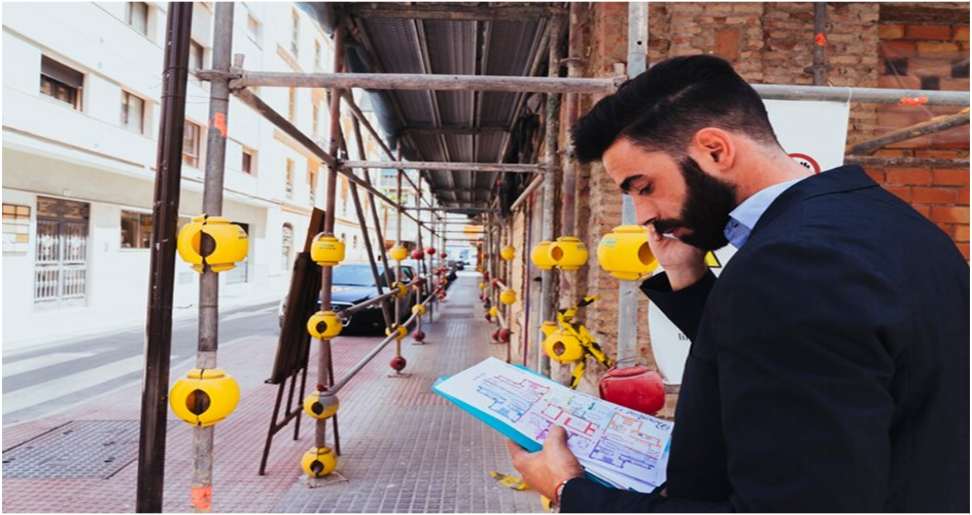Are you interested in building inspections? Let me explain to you that inspections are essential to ensuring the safety and compliance of buildings. Licensed building inspectors with considerable training and qualifications conduct these inspections. They carefully inspect a building’s systems, structure, and parts to find any flaws, risks, or problems that could compromise its integrity. So, whether you’re constructing your new custom home building or involved in a construction project, understanding the fundamentals of building inspections is crucial.
Scroll down to learn about building inspections.
What is construction inspection?
A construction inspection is a comprehensive review of a building’s structural elements by a licensed construction inspector. The inspection ensures the building complies with local and national building codes, zoning regulations, and contract specifications.
It looks at the building’s general state, safety, and structural integrity. Typical components that an inspector of construction will examine are:
- Electrical wiring and systems
- Structural components
- Plumbing lines, fixtures, and connectors
- HVAC systems to assess the safety of heating, ventilation, and air conditioning units
By carefully examining these elements, a construction inspection ensures the project is built correctly, increasing its lifetime and safety. After that, the construction inspector puts together a thorough report of their findings and any recommendations for necessary changes or upgrades, which they will give to the contractor.
Finally, you should consider hiring Building Surveying Inspections service to comprehensively assess your building’s condition.
Types of Building Inspections
Construction projects typically involve three types of inspections, regardless of the project size:
- Pre-construction inspection
- In-progress inspection
- Final or post-construction inspection
Pre-construction inspection
Before a project starts, the inspectors assess the building’s components to ascertain its suitability for renovation or construction. They identify any structural deficiencies, safety hazards, or code violations that must be addressed before construction can proceed.
In-progress inspection
Construction inspectors conduct site visits throughout the project to ensure each element complies with contract specifications and local codes. They check for accuracy in any plumbing, electrical, or ventilation installations and the materials used.
Final or post-construction inspection
The inspector thoroughly examines the completed project and compiles a comprehensive report detailing its findings. This examination aims to find any flaws or safety risks that should be fixed before the building is occupied.
What Is the Importance of Building Inspection?
Building inspections are essential for safety, quality construction, regulatory compliance, early problem detection, and investment protection. They are crucial in ensuring the safety, quality, and compliance of your building with the required standards.
Here are some benefits of Building Inspection:
Protecting your investment
The purpose of building inspections is to protect your investment. These inspections are vital in ensuring that your project adheres to safety, quality, and compliance standards, thereby ensuring the building’s value as an asset. They minimize the chances of unexpected repairs or legal issues that could result in significant financial and time losses.
Early Detection of Problems
Building inspections are key in identifying potential issues or errors early in construction. This is noteworthy because problems are easier and less expensive to solve when discovered early. So, You can avoid problems growing larger and more costly in the future by taking timely action.
Have A Look :-
- Is Paper A Good Career Path?
- Steve Harvey Net Worth, Lifestyle, Many More
- Is Computer Software Prepackaged Software A Good Career Path



me encantei com este site. Para saber mais detalhes acesse o site e descubra mais. Todas as informações contidas são conteúdos relevantes e exclusivas. Tudo que você precisa saber está está lá.
Your comment is awaiting moderation.